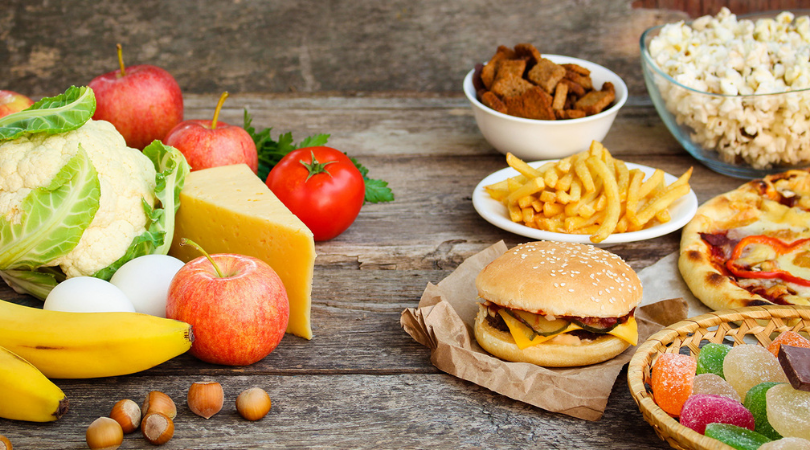What are processed foods?
The topic of processed foods’ harm is very popular now. There are whole food systems in which you should eat like millennia ago, for example, raw food or paleo diet.
Processed foods are those that have passed one or more processing stages from the point of view of food engineering. Processing increases shelf life, improves appearance and speeds up cooking time.
The concept of “processed product” is ambiguous — the degree of change in the feedstock can vary greatly. Frozen vegetables are processed, but their effect on the body is very different from the effect of chocolate cookies.
People have been processing food for thousands of years. Initially, to preserve it and reduce the time of chewing hard food: meat and fibrous plants. Fermentation, heat treatment, salting, drying and much more — everything happened for the first time once, and gradually the human body adapted to new types of products, and the changes were fixed at the genetic level. Now the human body is not the same as thousands of years ago — it has adapted to many processed foods.
It is not always easy to determine how much a particular product is harmful to health. Modern methods differ from the methods of our ancestors: there are more and more products with a high degree of processing. The main accusations fall on white flour, refined sugar, processed meat products and snacks.
The benefits of whole foods
The use of whole foods should not be perceived as something burdensome and temporary. This is not a diet, but a healthy way of eating. Whole foods is aimed at restoring health indicators in general, as well as preventing diabetes, cardiovascular diseases, and metabolic disorders.
Useful qualities of unprocessed products
Keeping a healthy weight
Replacing processed foods with whole foods will help naturally bring the weight back to normal. The effectiveness of natural nutrition is due to the fact that food does not undergo a special processing and does not lose its useful qualities.
Strengthening immunity
When it comes to maintaining health, food is the best medicine. In order to function normally, cells must receive sufficient nutrients. The same applies to the cells of the immune system. Proper nutrition, which is provided by unrefined products, will help keep the body strong and healthy.
Heart protection
Eating whole foods reduces the risk of developing cardiovascular diseases. People who refuse harmful and useless food become more active, and therefore can maintain a healthier energy level.
Whole food is not only useful, but also interesting. People have invented a huge number of recipes from natural ingredients, so you can always please yourself with something delicious and unusual. Introduce more fresh salads into your diet, eat raw foods, make smoothies.
Comparison
Processed food can completely coincide in calories and macronutrients, but have a different effect on human eating behavior. Foods with a high degree of processing saturate worse, people eat them 50% faster and eat more (2500 vs. 3000 kcal in the study) compared to whole foods with a minimal degree of processing, which has been shown in both observational and randomized human studies. I.e., simply switching to whole foods can reduce overeating by 500 kcal per day without feeling hungry.
Other studies confirm that processed foods increase the risk of cardiovascular diseases and reduce life expectancy, provoke weight gain. Every 10% of calories from ultra processed foods increases the risk of cancer by 10%. Adding sugar, salt, fat to foods increases cravings for them, their effect is summed up.
Whole foods are an easy way to eat less and not feel hungrier, not to mention the benefits of such foods. After all, ideally, we should create a nutrition strategy that would allow us to reduce the number of calories consumed without increasing hunger and spending on volitional self-control.
Category: General

